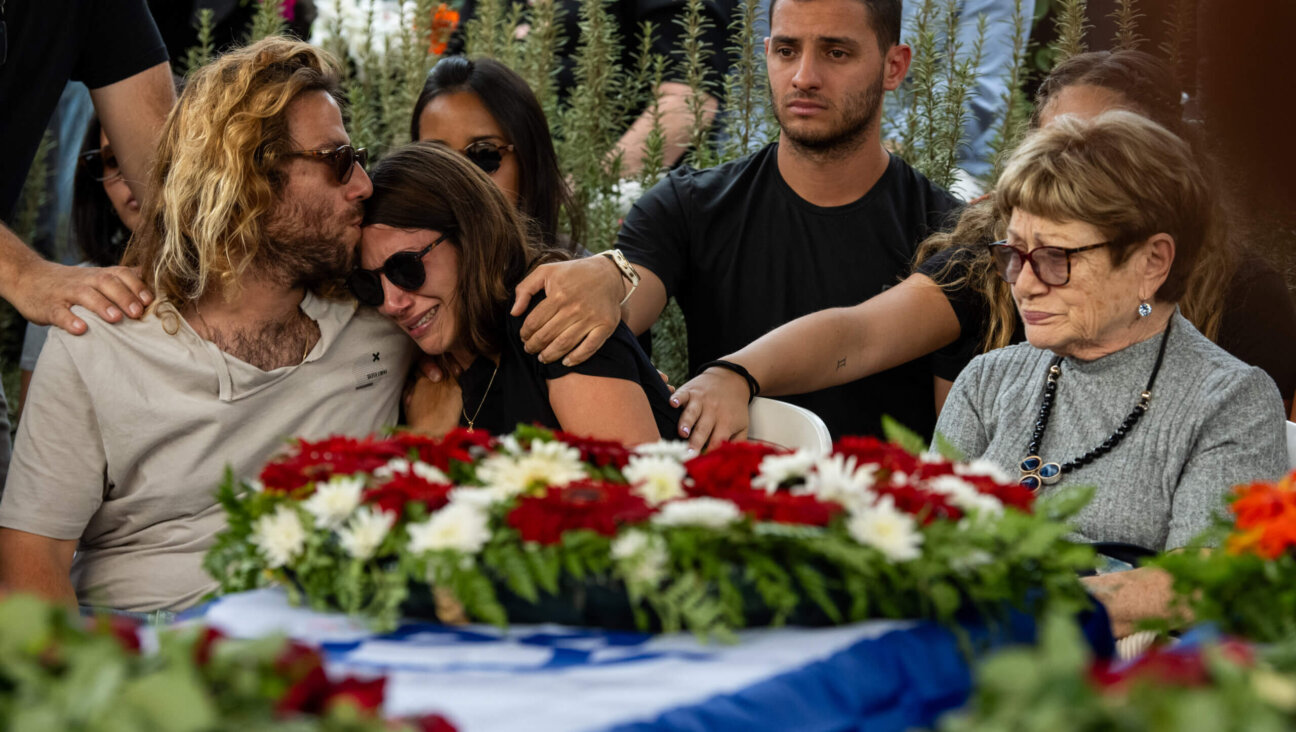Tisha B’Av is a holiday about grief. Can it still be meaningful after Oct. 7?
For the first time in my life, I fear our communal grief has grown too great to bear

For the first time in my life, I fear our communal grief has grown too great to bear

You may have heard about that huge wave of labor protests that swept across the country on December 4. You know, the one-day surge of strikes and rallies in about 190 cities (!) by low-wage workers — fast-food, home healthcare, chain-store and airport employees, all demanding a $15 hourly wage, all complaining that their industries’…

Rabban Shimon ben Gamaliel taught us that on three things the world is sustained: on truth, on justice and on peace. But today the streets have erupted in protest — in Ferguson, Missouri, and around the country — because a clear truth, that an unarmed black teenager named Michael Brown Jr., was shot and killed…

“Set yourself judges and officers in all your gates,” says Deuteronomy 16:18, two verses before the Torah’s famous injunction, “justice, justice, shall you pursue.” Biblical commentators have observed that the two commandments are related: Because the judges are appointed by the Israelites themselves, they are responsible to the community, and can dispense justice fairly. The…

Outside the Ferguson police station, under a steady rain, the rabbis were asking the cops to repent. “We repent for the sins of our community, not only for the things we personally did,” Rabbi Jill Jacobs told one officer. “I asked him if he would join me in repenting, and he didn’t really respond.” Two…

Jews for Racial and Economic Justice march in New York / JFREJ Like many Jewish people around the world, I observed Shabbat this weekend. I didn’t light candles or recite Hebrew prayers; I didn’t eat challah or matzoh ball soup or brisket. I spent my Shabbat marching for justice for Eric Garner of Staten Island,…

Cultural Leadership program participants in Crown Heights, Brooklyn (JTA) — On the evening of Aug. 12, after two consecutive nights of clashes between police and protesters in Ferguson, Mo., Mikal Smith rose to address a community meeting in the neighboring city of Florissant. In front of Governor Jay Nixon, Obama administration officials and community leaders,…

Demonstrators protest the killing of teenager Michael Brown in Ferguson, Missouri / Getty Images After weeks upon weeks of news reports that detail what seemed to be never-ending violence in Israel and Gaza, compounded by accounts of a rise in anti-Semitic attacks in Europe and Canada and even across the United States, it would have…








100% of profits support our journalism